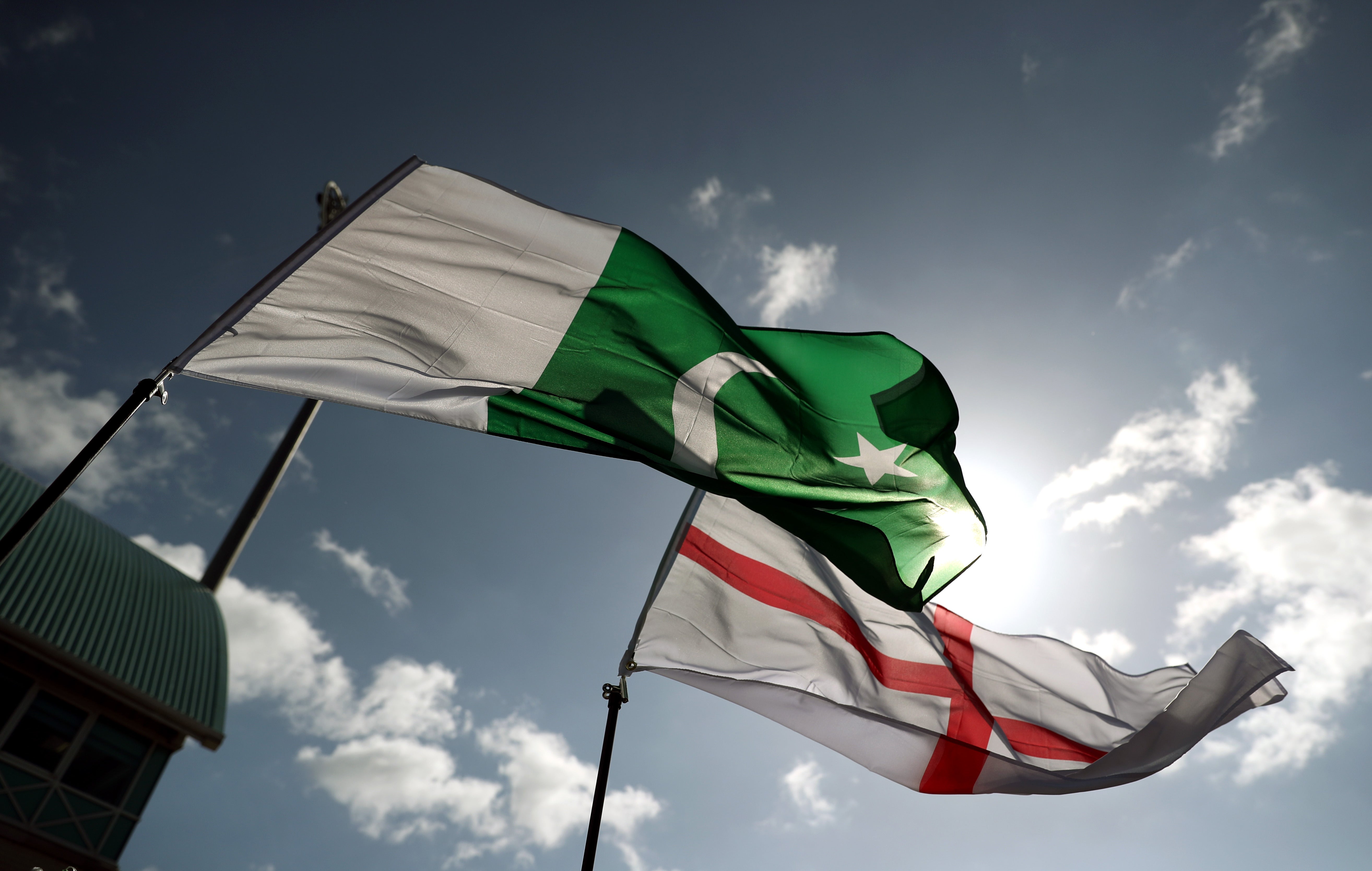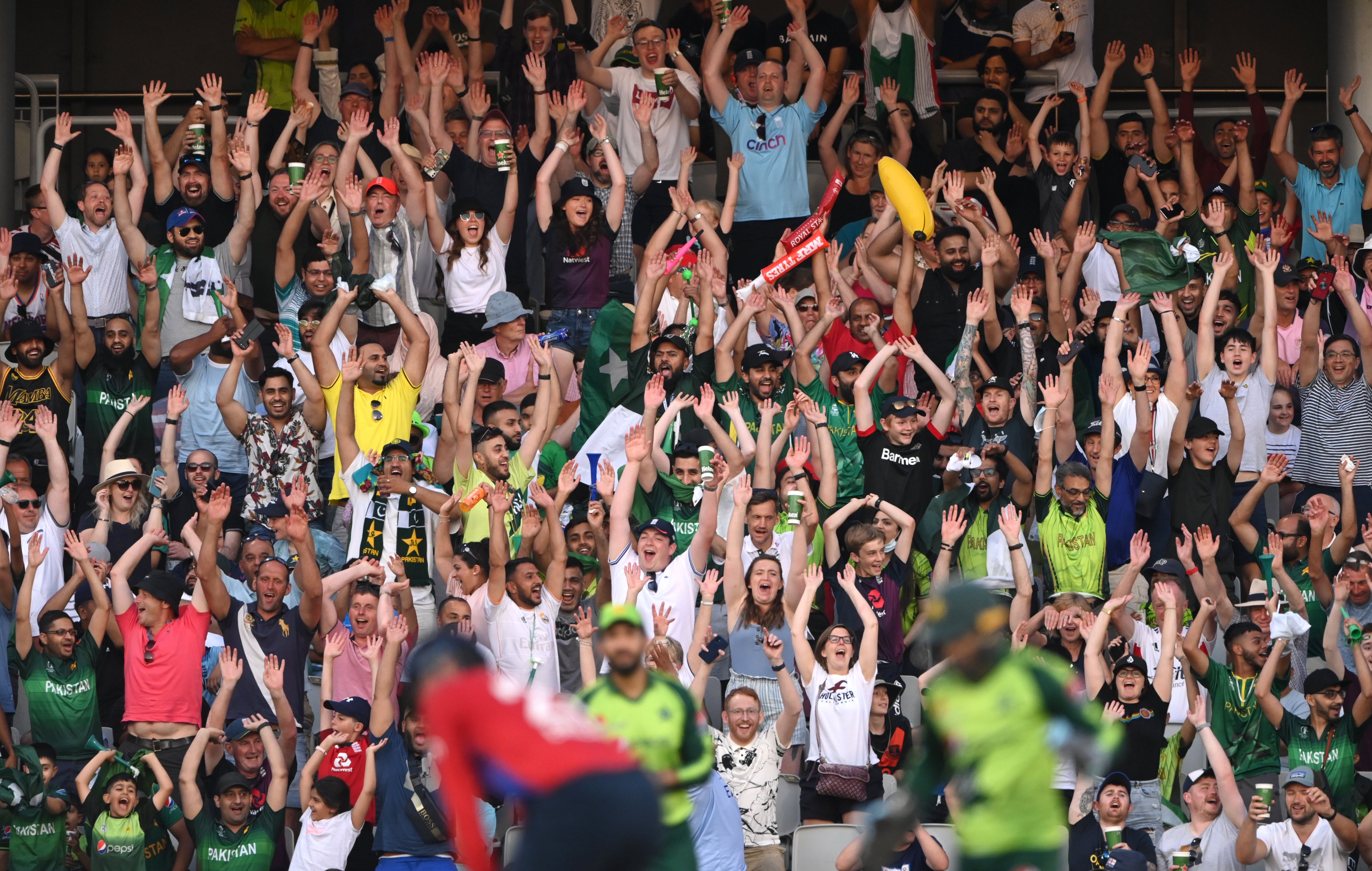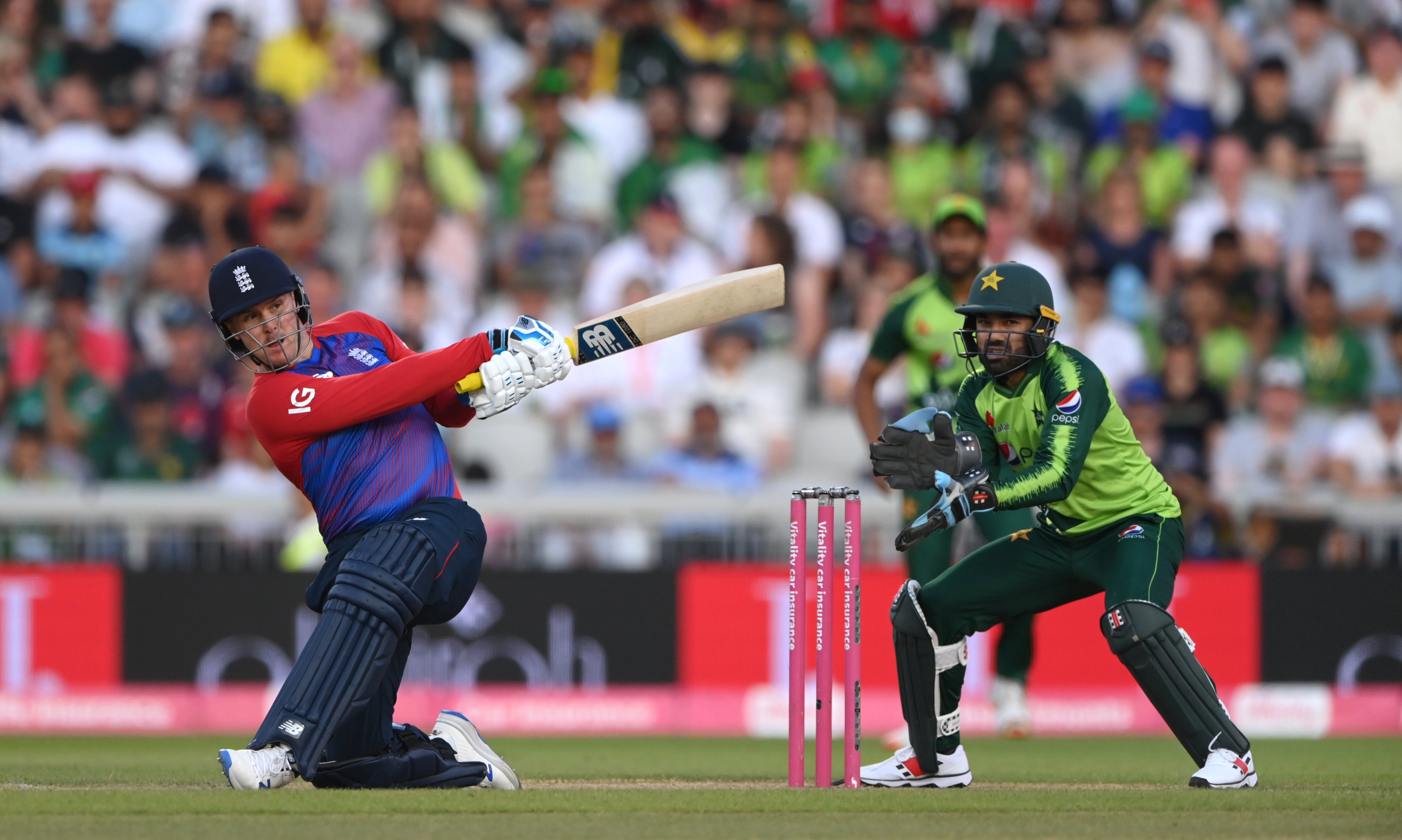Pakistan deserved better but must show resolve amid England snub
Pakistan have been stung by England’s decision to opt out of the series and claimed that Chris Silverwood’s side have “failed a member of their Cricket fraternity when it needed it most”

During the summer of 2018, Andy Flower had an issue on his hands. The former England coach was in charge of a Rest-of-the-World XI due to take on reigning Twenty20 World champions West Indies in an exhibition match at Lord's.
The match was for the Hurricane Relief fund set up to raise money after the devastation caused by Hurricanes Irma and Maira, which decimated Dominica and Anguilla in 2017. Ticket sales were strong, but several players pulled out through injury or other commitments as the match drew nearer. A few weeks before the game, Flower was dealt another blow with news of an injury to a marquee participant who featured prominently in the event's marketing – Shahid Afridi.
Flower reached out to Afridi and asked if he could turn out as best he could. It had been two years since the Pakistani legend had retired from the international format but his pull overseas remained great. Though barely able to run, Afridi saw the bigger picture and agreed to take part. He scraped 11 from 12 balls but did take a wicket – Andre Fletcher, out stumped – treating Lord's to his signature star man celebration. West Indies won comfortably by 72 runs, but it was never really about the result.
The story came to mind following the cancellation of England's tour to Pakistan. Tomorrow (Thursday) was supposed to be the first of two men's T20 matches on a four-day tour to the country they last visited in 2005. With England Women also supposed to be on their first away series in the region – with T20 double-headers alongside the men followed by three one-dayers – this was to be a small “thank you” for the 2020 men's tour during the height of the pandemic in the United Kingdom. The generosity of their presence alleviated a dire financial period for the England and Wales Cricket Board.
Chair of the Pakistan Cricket Board Ramiz Raja lamented England “failing a member of their Cricket fraternity when it needed it most”. And amid further calls of “betrayal”, a specific underlying theme of a favour unreturned to a country and group of players who have been good to English cricket.
Beyond the spite of the abandoned Oval Test in 2006 and the spot-fixing scandal, the relationship between England and Pakistan has been amicable. Next summer will be the first since 2015 that they will not tour the UK. This season, even their presence for a limited-overs series was notable for their understanding: sticking around despite a Covid outbreak decimating England's ODI squad. One does not need to wonder too long what might have happened had the role of host and tourist been reversed. Indeed, we probably have our answer.

Even the man at the centre of 2010's spot-fixing controversy, Mohammad Amir, has contributed to County Cricket with performances for Essex. In a period where domestic sides have struggled to attract overseas talent because of an ever-changing schedule creating issues around format-specific contracts – a situation exacerbated by Covid-19 – he and his compatriots have provided the necessary star quality.
Azhar Ali (Somerset), Mohammad Abbas (Hampshire), Zafar Gohar (Gloucestershire), Wahab Riaz (Trent Rockets) and Amir (London Spirit) all bolstered teams this summer, if not absolutely on the pitch, then certainly digitally. Overseas audiences provide a welcome boost to online interactions. For example, Amir's final day of first-class cricket – for Essex against Kent – has almost 850,000 views on the LV Insurance County Championship YouTube channel. The majority of their videos do not reach five figures. The marketability of these players and the online and in-ground pull are considered in boardrooms when discussing overseas recruitment, especially as they bring ex-pat communities within their boundaries to the surface.
It is worth considering England's Pakistani community in all this. Beyond the ECB's well-meaning South Asian action plans, along with the visibility of players around the England team of the same background, such as Moeen Ali, Adil Rashid and Saqib Mahmood, it remains an under-explored and untapped area of English cricket.
Former international and first-class players out of Pakistan feature across the club system, which remains heavily reliant on south Asian participation. And even current ones used to spend their pre-Covid time over here within the community, participating in fundraisers or showing face at various restaurant openings. A former PCB employee remarked to The Independent that touring cricketers had no need to spend their per diems because of the endless offers of free meals from UK residents. There is also the very Afridi story that during a stint for Northamptonshire in the T20 Blast, he donated a signed Steelbacks helmet to a charity auction, only to have to borrow it later in the season when he was re-signed for Finals Day.

English cricketers have also benefitted from Pakistan. Most obvious is the Pakistan Super League, which has aided the development and bolstered the bank balances of a number of more recently capped players, such as Dawid Malan, Phil Salt, Lewis Gregory, Saqib Mahmood and Liam Livingstone. In the aftermath of the cancellation, some within the PCB joked that a PSL English Representative side could have been sent players who had already played in Pakistan for their franchises. Of the 17-man touring party, only one – Joe Clarke, Karachi Kings – was not an “active” international.
Going further back, Pakistan's effect on English success is also evident in how the national side conquered reverse swing to reach the top of the Test rankings, and register a first Ashes success in Australia after 26 years during the 2010/11 series. The scepticism of the nineties was turned into appreciation through Waqar Younis and Wasim Akram during their forays in county cricket for Surrey and Lancashire, respectively. The likes of Riaz and Azhar Mahmood are cited as two who passed on those secrets to bowlers still plying their trade today.
At this point, listing any more unquantifiables becomes obsolete. Because international sport should not operate based on returning favours. You could argue this is to the detriment of the broader game given how England, India and Australia have created a closed shop on such unwritten agreements.
This gap in Pakistan's schedule is a reminder of how much they have had to take at face value. The 2009 attack on the Sri Lanka team in Lahore had not just robbed them of cricket at home, but bargaining power. And having re-accumulated cache through a variety of methods, from the carefully orchestrated PSL play-off stages in 2017 to a two-Test tour against South Africa in January, hosting England was to be a big step towards a near-complete return to the international table. And an end of being at the mercy of teams who may or may not want to play them at home.

Now there is a sense things have gone backwards. New Zealand's withdrawal for security reasons triggered England's on the grounds of “wellbeing”, without consulting their men or women, creating a fear of a return to normalising not touring Pakistan. Especially with the ECB’s decision made independent of government advice or that of the British High Commission.
There were reports of the PCB planning backup options for England's tour of three Tests and five ODIs scheduled for the end of 2022, and even cancelling it altogether in protest. But come next year, expect the red carpet to be rolled out, assurances made to satisfy every term and settle every qualm.
No doubt this latest blow will act as motivation for Pakistan going into the T20 World Cup. But if their 2009 success at the beginning of their nomadic chapter was a statement of their defiance, victory in 2021 will simply be little more than a reminder.
For all Raja hopes this cancellation will act as fuel “to become the best team in the world for teams to line up to play them without making excuses”, history suggests it won't be a catalyst for change. Even when they became the number one Test side in the world in 2016 and won the 2017 ICC Champions Trophy, they were at the mercy of others to bring cricket back to their people.
There may be further bitter pills to swallow down the line if their recently departed CEO Wasim Khan takes on a role at the ECB. While he is not expected to be an immediate replacement for outgoing chairman Ian Watmore, he is on the ECB’s radar. For all the fury such an appointment would provoke, Pakistan will have to hope at the very least he will be a sympathetic voice, having been privy to so much of the hard work being done behind the scenes. Work that, right now, may feel wasted.
Things are not back to square one, but being let down by a perceived Big Three ally has knocked Pakistan back a few stages. Beyond harsh words, the sad thing is the politics of international cricket mean steps to reclaim their ground need to be taken cautiously, even if no one could begrudge them stomping with rightful anger.
Join our commenting forum
Join thought-provoking conversations, follow other Independent readers and see their replies
Comments
Bookmark popover
Removed from bookmarks